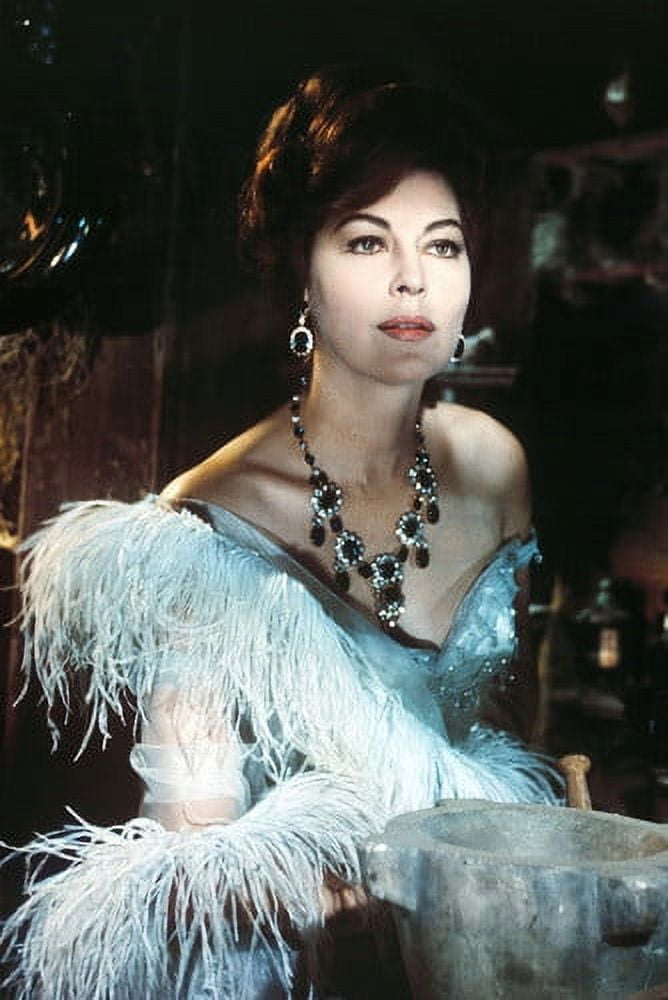Ava Gardner was more than a screen siren—she was a force of nature. Rising to fame in the 1940s and 1950s, she captivated Hollywood with her striking beauty, sultry voice, and intense presence that seemed to burn through the screen. With smoky eyes, flowing dark hair, and a confidence that was impossible to ignore, Gardner became the quintessential femme fatale of her time, effortlessly blending elegance with raw sensuality.

Her performances in classic films such as The Killers (1946), Pandora and the Flying Dutchman (1951), and Mogambo (1953) weren’t just beautiful to watch—they were charged with emotional depth and an unpredictability that kept audiences riveted. For her role in Mogambo, Gardner earned an Academy Award nomination, proving that her talent went far beyond her mesmerizing looks.

But Ava Gardner’s story didn’t end when the cameras stopped rolling. Off-screen, she was as unforgettable as any of her roles—perhaps even more so. Fiercely independent and deeply passionate, she lived life on her own terms. Her high-profile romances with Mickey Rooney, Artie Shaw, and Frank Sinatra often dominated headlines, marked by intensity, glamour, and heartbreak. Yet Gardner never allowed public perception to define her. She once famously said, “I either write the script or I get written out.” That attitude defined her life.

Unlike many actresses of her era who conformed to the image dictated by studios, Gardner broke the mold. She didn’t chase perfection—she embraced imperfection, spoke candidly about her insecurities, and refused to apologize for the choices she made. Whether dancing in Spain or drinking bourbon in London, she followed her own path, even if it was sometimes a rocky one.

Her legacy is more than a collection of iconic roles—it’s a portrait of a woman who embodied both the light and the shadows of Hollywood. Ava Gardner remains a symbol of classic film glamour, but also of rebellion, vulnerability, and strength. To this day, her image continues to inspire artists, writers, and filmmakers who see in her not just a star, but a story.
Ava Gardner didn’t just play complex women—she was one. And in doing so, she carved out a place in cinematic history that remains untouchable.